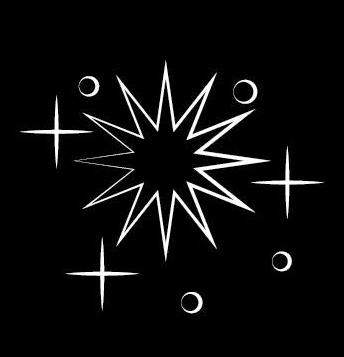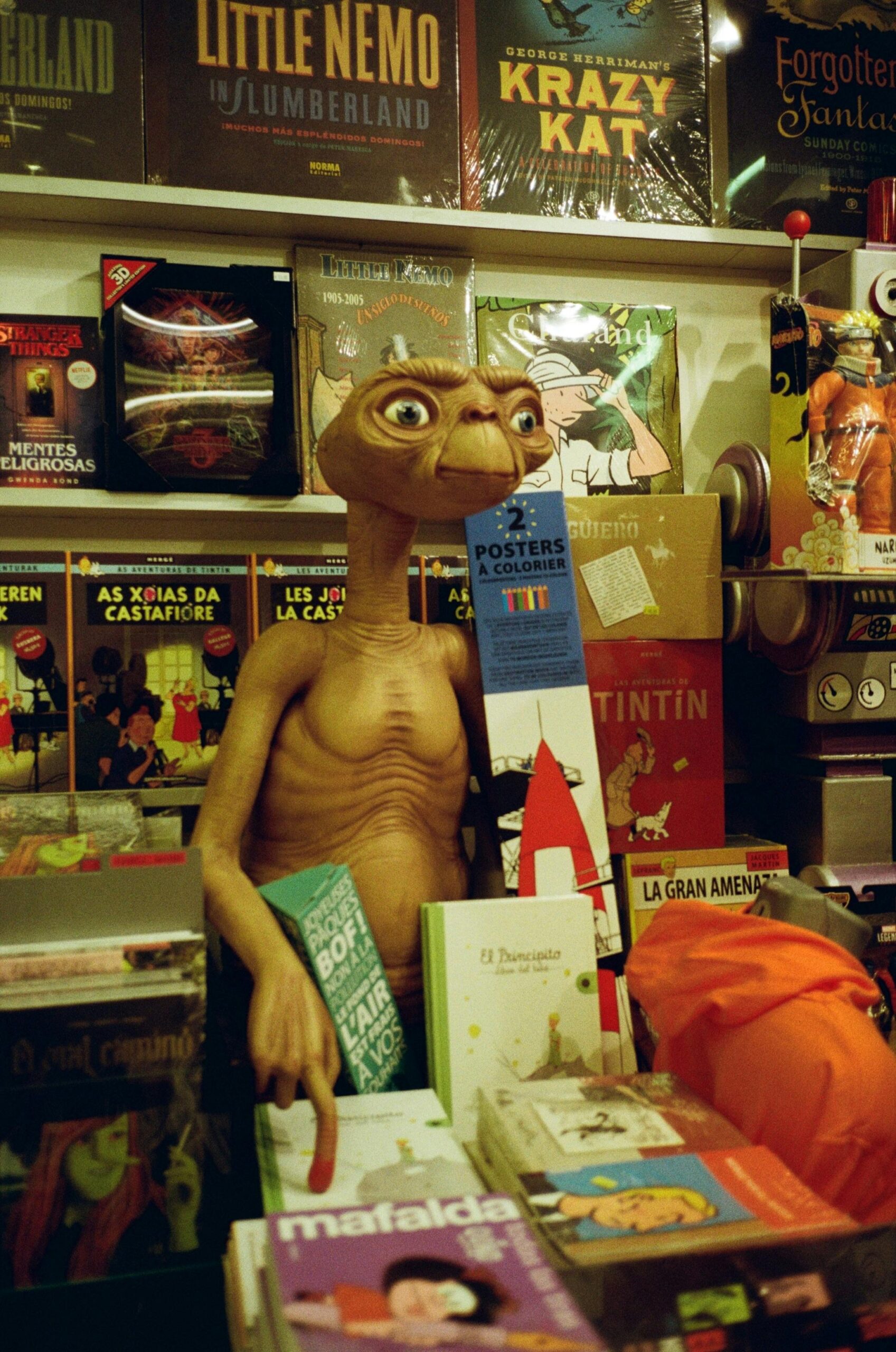As a lifelong fan of science fiction, I’ve always been drawn to stories that explore the vastness of space and the endless possibilities it holds. Sci-fi authors have a unique ability to combine imagination with science, crafting tales that challenge our understanding of the cosmos while inspiring us to dream bigger. Over the years, I’ve read many incredible books, but some stand out for how they’ve redefined the way we think about space. Here are my top ten picks for sci-fi books that have truly left a mark on our collective imagination.
1. Dune by Frank Herbert
When it comes to space and interplanetary politics, few books rival Dune. Set on the desert planet of Arrakis, Herbert’s masterpiece delves into themes of power, ecology, and human survival in harsh environments. It reimagines how humans might adapt to and thrive in alien ecosystems, and it’s a must-read for anyone interested in the intersection of science and humanity’s future in space.
2. Foundation by Isaac Asimov
Asimov’s Foundation series explores the concept of psychohistory, a mathematical approach to predicting the future of civilizations. This sprawling epic raises fascinating questions about how humanity might organize itself across galaxies and the role science and knowledge play in shaping interstellar societies. It’s a timeless exploration of human ingenuity on a cosmic scale.
3. The Left Hand of Darkness by Ursula K. Le Guin
Le Guin’s tale of an envoy sent to a planet with a unique genderless society challenges readers to rethink not only space but also human nature and relationships. The story brilliantly weaves cultural anthropology with alien exploration, offering profound insights into the diversity of life that could exist beyond Earth.
4. 2001: A Space Odyssey by Arthur C. Clarke
Clarke’s iconic novel (written alongside Stanley Kubrick’s film) explores humanity’s evolution, artificial intelligence, and our potential connection to extraterrestrial life. It’s a deeply thought-provoking story that raises questions about what awaits us as we venture into space.
5. Hyperion by Dan Simmons
Hyperion takes readers on a mind-bending journey through space and time, weaving multiple characters’ perspectives into a story of exploration, faith, and mystery. The richly detailed universe Simmons creates makes you think about the complexities of interstellar travel and the cultures that might emerge among the stars.
6. The Three-Body Problem by Liu Cixin
This modern masterpiece by Liu Cixin delves into humanity’s first contact with alien intelligence. What sets this book apart is its grounding in real science and physics, making its speculative elements feel eerily plausible. It’s a brilliant exploration of humanity’s place in the universe and how we might handle the discovery of intelligent life.
7. Contact by Carl Sagan
Written by one of the greatest minds in science, Contact explores what might happen if humanity received a message from an advanced extraterrestrial civilization. Sagan’s scientific expertise shines through in this gripping story, making it one of the most realistic and inspiring depictions of first contact ever written.
8. The Forever War by Joe Haldeman
Haldeman’s novel is a poignant exploration of the effects of time dilation during interstellar war, as soldiers return home to find that decades—or even centuries—have passed. It’s a deeply human story that examines the psychological and social tolls of space travel and war.
9. Childhood’s End by Arthur C. Clarke
Another Clarke classic, Childhood’s End imagines what might happen if advanced aliens arrived to guide humanity toward a new evolutionary stage. The book challenges readers to think about the cost of progress and the possibilities of transcending physical existence.
10. The Martian by Andy Weir
This modern classic combines humor, grit, and science in a survival story set on Mars. The Martian redefines how we think about living on another planet by focusing on the practical challenges of survival. It’s a testament to human ingenuity and the determination to adapt, even in the harshest conditions.
Final Thoughts
These ten books aren’t just entertaining—they’re thought experiments that expand the boundaries of what we believe is possible. From exploring alien ecosystems to pondering humanity’s first contact with intelligent life, these stories challenge us to think beyond our current understanding of space and our place in the universe.
Reading these books has not only inspired me to dream about the possibilities of the cosmos but also to appreciate the creativity and vision of the authors who dared to imagine it. If you haven’t read some of these, I encourage you to pick one up. Who knows? You might find yourself questioning everything you thought you knew about space—and isn’t that what great sci-fi is all about?



